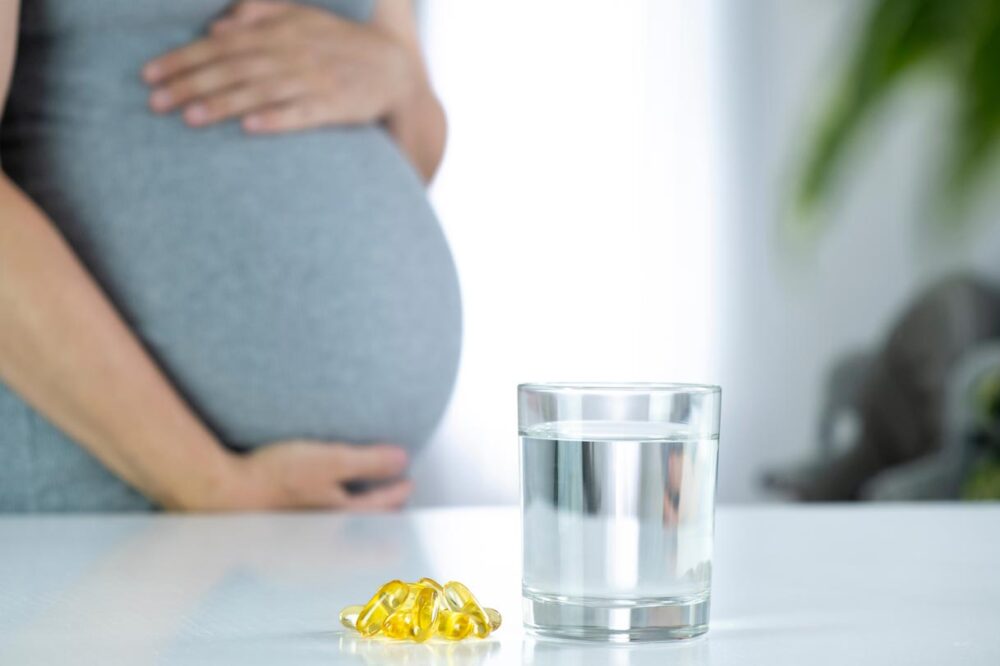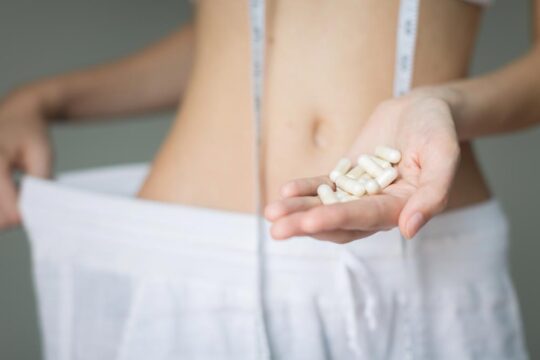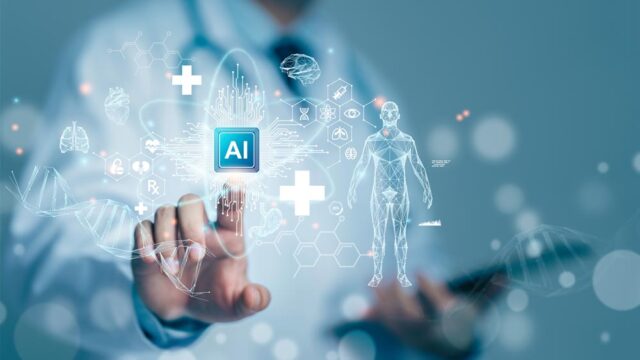Advertisment
Vitamin D during pregnancy boosts children’s bone health even at age seven

Children whose mothers took extra vitamin D during pregnancy continue to have stronger bones at age seven, according to new research led by the University of Southampton and University Hospital Southampton (UHS).
Bone density scans revealed that children born to mothers who were given vitamin D supplements during pregnancy have greater bone mineral density in mid-childhood. Their bones contain more calcium and other minerals, making them stronger and less likely to break.
Researchers say the findings, published in The American Journal of Clinical Nutrition, reinforce the importance of vitamin D supplementation in pregnancy as a public health strategy.
Dr Rebecca Moon, NIHR Clinical Lecturer in Child Health at the University of Southampton led the analysis. She said: “Our findings show that the benefits of vitamin D supplementation during pregnancy persist into mid-childhood.
“This early intervention represents an important public health strategy. It strengthens children’s bones and reduces the risk of conditions like osteoporosis and fractures in later life.”
Vitamin D regulates the amount of calcium and phosphate in the body – minerals essential for bones, teeth and muscle health.
In 2009, researchers launched the MAVIDOS study, recruiting over 1000 women from Southampton, Oxford and Sheffield.
During their pregnancy, the women were randomly allocated to two groups: One group took an extra 1,000 International Units per day of vitamin D. The other took a placebo tablet each day. The pregnant women, and the doctors and midwives looking after them, did not know which group they were in.
Previous research assessed the children’s bone health at four years of age and the results showed that the child’s bone mass was greater in children born to mothers who had had vitamin D supplementation during pregnancy compared with those who had not.
In this latest study, the researchers investigated whether the effects on bone health continued into mid-childhood. The team followed up with 454 children aged six to seven. These children were all born to mothers who took part in Southampton.
The results confirmed that the beneficial effect on children’s bones was similar at ages four and six to seven.
Pregnant women in the UK are now routinely advised to take vitamin D supplements.
The Southampton research team are part of the MRC Lifecourse Epidemiology Centre (MRC LEC) and the NIHR Southampton Biomedical Research Centre (BRC).
The MAVIDOS trial has helped the Southampton researchers understand possible mechanisms linking maternal vitamin D supplementation with offspring bone mass. In 2018 they demonstrated that the vitamin D supplementation led to changes in the activity of genes forming part of the vitamin D pathway.
In 2022, they found taking the supplements during pregnancy could substantially reduce the chances of babies up to a year old suffering from atopic eczema.
They also observed that pregnant women given extra vitamin D were more likely to have a spontaneous vaginal delivery, or ‘natural’ delivery.
Professor Nicholas Harvey is Director of the University’s MRC Lifecourse Epidemiology Centre, Professor of Rheumatology and Clinical Epidemiology and project lead.
He said: “These findings add to the important knowledge generated through the MAVIDOS trial.
“We extend our heartfelt thanks to all the mothers and children involved. Their contributions have advanced our understanding of vitamin D supplementation and its role in supporting strong and healthy bones.”
Pregnancy vitamin D supplementation and offspring bone mineral density in childhood follow-up of a randomized controlled trial is published in The American Journal of Clinical Nutrition.
The research was funded by Versus Arthritis, the Medical Research Council, the National Institute for Health and Care Research and the Bupa Foundation.
- Pregnancy vitamin D supplementation and offspring bone mineral density in childhood follow-up of a randomized controlled trial is published in The American Journal of Clinical Nutrition.
- For Interviews with Dr Rebecca Moon and Prof Nicholas Harvey please contact Steve Williams, Media Manager, University of Southampton press@soton.ac.uk or 023 8059 3212.





